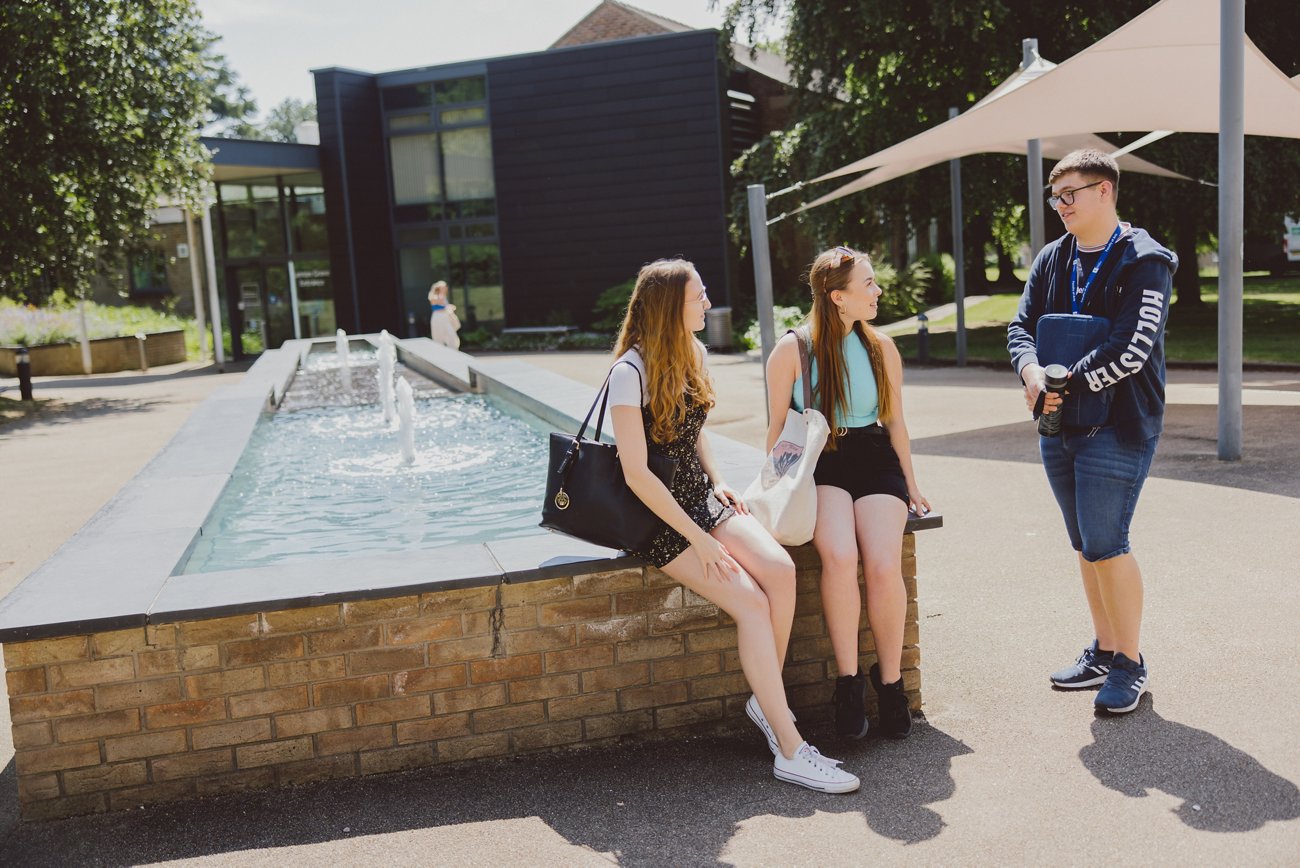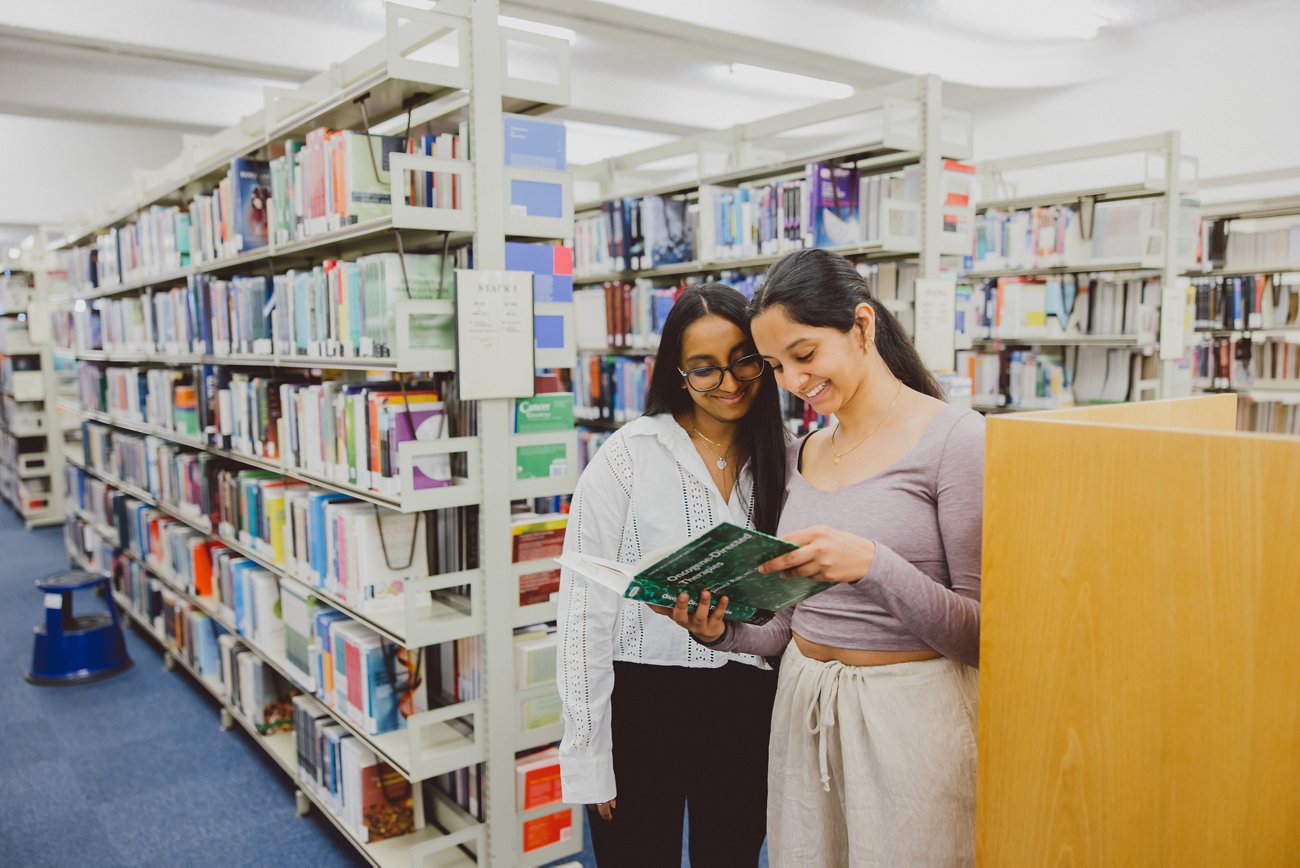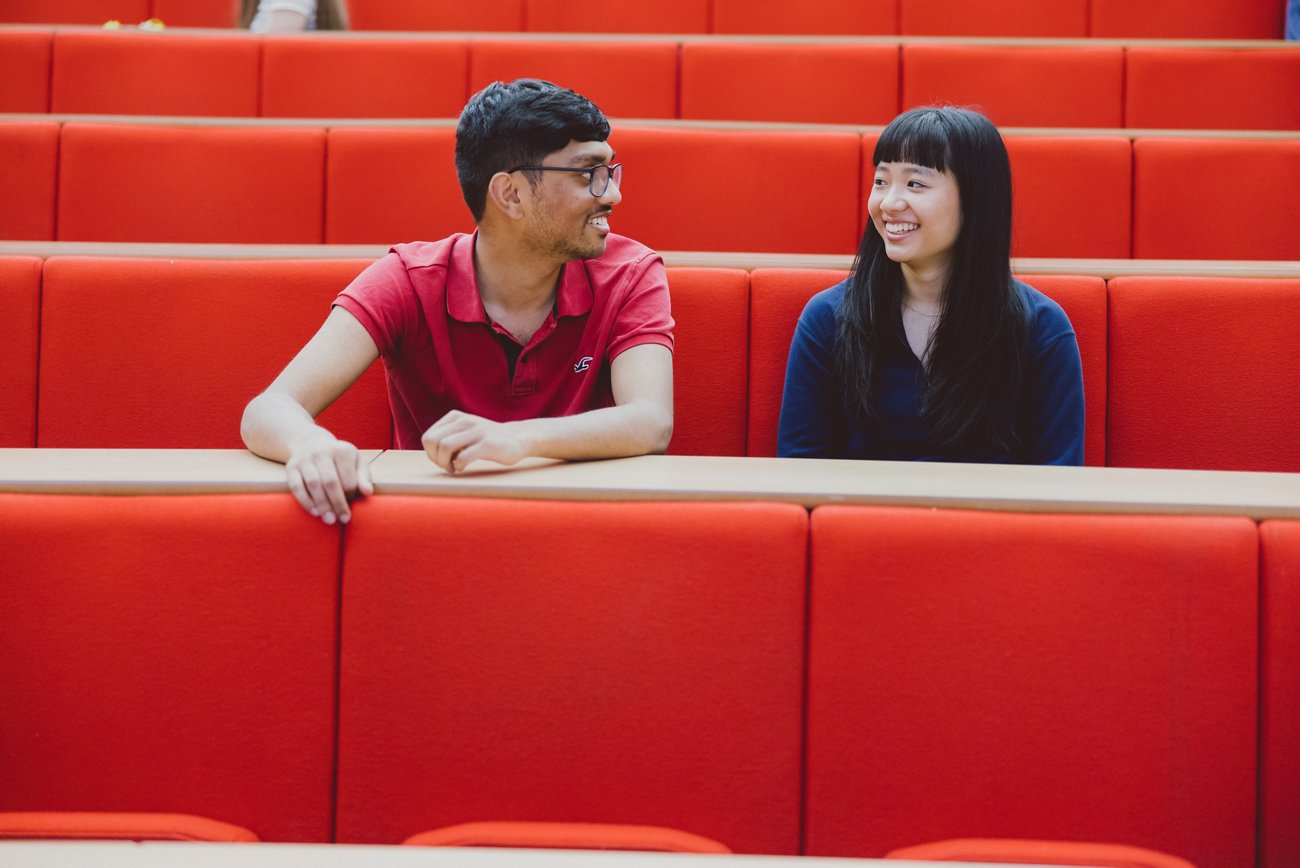

Natalie, 2018 American and Canadian Studies (Study Abroad) BA graduate
Why did you choose American and Canadian Studies?
For my whole school career, my main interests were history and literature and that was always what I was best at. Advice from my parents was always to do what you enjoy and what you’re good at and everything else will work itself out. So that’s what I did.
American Studies is a nice blend of whatever you want it to be. In choosing it I wasn’t compromising on the literature or the history. At the time I was applying for university, I was very divided as to the route I wanted to go down, but American Studies is a very interdisciplinary mode of working and that’s what really appealed to me.
What was the best thing about your studies?
The best thing about the Department for American and Canadian Studies is the teaching staff. Everyone has their own little niche and is very passionate about what they do and it really comes through in lectures and seminars.
The sheer variety of modules on offer gave you the opportunity to tailor the course however you wanted. In my A levels I was very interested in literature. As I started my degree, I became more interested in history and then realised that I was more interested in political history and politics.

That ability to form your own path, so you don’t have to home in on your main interests too soon, was really important. You got to explore so many different options.
What was the staff support like? Any shout-outs?
Steph Lewthwaite was just great, so lovely. She was my dissertation supervisor. The work she was doing was so fascinating to me as well.
Then there was also Paul McGarr. He did a lot of foreign policy modules in American Studies and the American History side of things. He was fantastic. All of his lectures I was like ‘wow, he is a bank of knowledge’. I was really interested in the international side of things. He covered that so well and was so knowledgeable about foreign policy.
Tell us about your experience studying abroad...
For my year abroad I went to Charleston in South Carolina. I picked it because this was a smaller liberal arts college within a little city in the south, and really pretty as well. It was 2016, so the time of the election which was massively interesting for me to be there and witness such a big political moment. It was a really tense environment in the US at that point, with race relations and politics.

America is so much more of a culture shock than you’d imagine. They’re so similar to us in so many ways, but still so different. It was a great experience to be able to go there. It’s the reality behind what you’re studying.
How did you choose your modules?
Some of my optional modules were very much based on my interests and just struck me right away. I tended to veer more towards the history side of things.
One of my favourite modules was American Aid, Atrocities and Activism. It broke the mould in that it wasn’t really history, literature or culture, just a blend of everything. It was a visual culture module, so it was looking at a lot of aid campaigns and development campaigns. It was a little bit different and very interesting.

I could have gone with ‘safe’ module options that I knew I would have been interested in and good at, but there were a few that just sounded a bit more out there and interesting. It was about having that opportunity to explore things that you might not have considered before.
Working at the House of Commons
A lot of people don’t realise that MPs have a whole team of people behind them! People often email or telephone their MP when at their wits end with something. It could be housing, immigration, benefit appeals, police, crime, complaints. My role is to support them with that, often giving advice or signposting people to more specialist advice. But it can also be taking on the case and working on their behalf and representing them.

I feel like it was quite a natural progression. What with history and literature being my interests at A level, that then became politics, that then became migration, and I did my dissertation on the militarisation of the US Mexico border and activist responses to that.
I also did a lot of volunteering, for example in my final year at Nottingham I did a bit of volunteering for Student Action for Refugees and then with Immigration Education Nottingham, where we went into schools and ran workshops on immigration, asylum and islamophobia.
Although migration is a small part of the job I do now, I think that at the interview my obvious passion and interest for that shone through. Being interested in humans and wanting to stop human suffering in some way is what this kind of casework is about.
What are your future career ambitions?
My favourite thing about my job is by the end of the day I can say I’ve tried to make someone’s life a little bit better somehow. The best thing about it is knowing you’ve had some sort of positive impact and getting to interact with such a diverse range of people as well.
I want to be in this job at least until there’s another election, so I can experience that. After that, it’s really very open.

That’s what I like about this casework role, it’s such a generalist role, by the time I’ve done four years I will have so much experience in so many different things. I could for example seek a career in the civil service, or a migrants rights organisation, or do a law conversion.
Success for me is being able to say that you’re doing a job you enjoy and that you’re spending your time in a way that is productive and beneficial for society in some way. I want to spend my time in a way that I can look back and say I feel fulfilled in what I did, I tried to support people in some way, and trying to make someone’s day or life a little bit easier.
Top tips from Natalie...
- To anyone who is worried about how arts degrees are regarded – an arts degree isn’t going to put you on the backfoot in any way. Actually, I think it’s the opposite. With the creativity they allow in your ability to think, it gives you such a good perspective on the world and your position within it.
- Do what you’re interested in, do what you love and everything else just falls into place.








